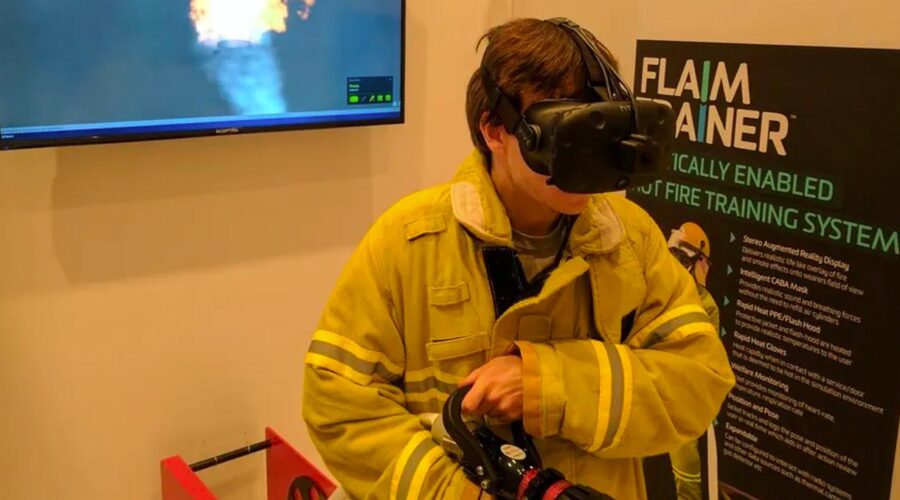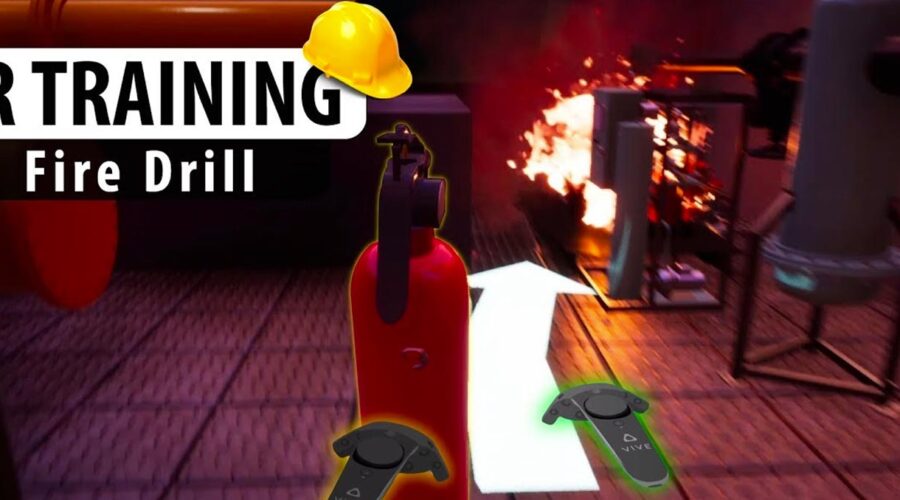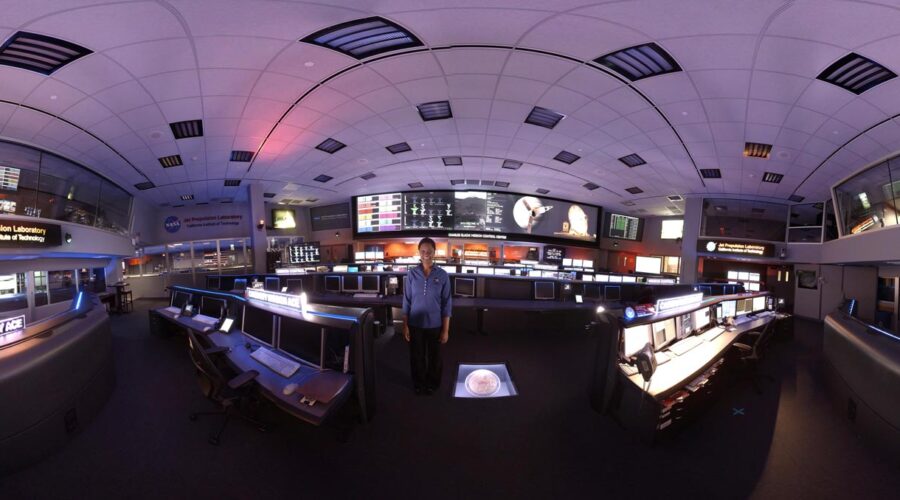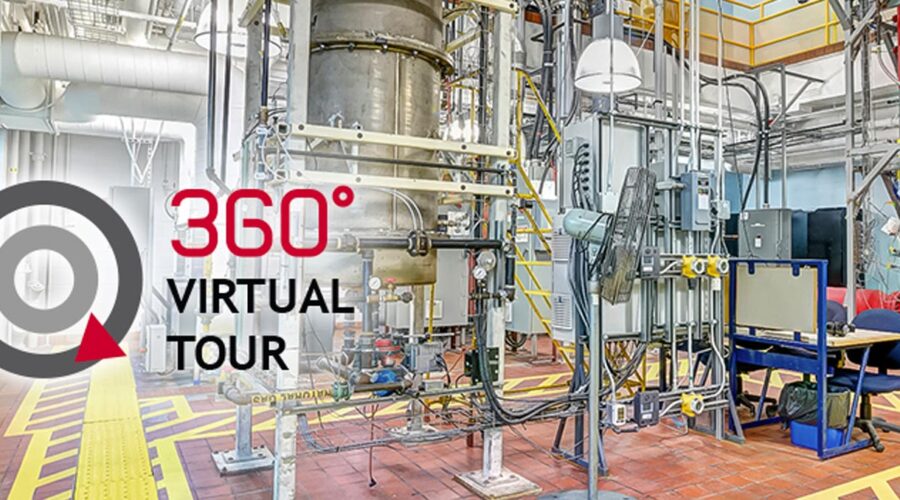How to Use of VR Hazard Identification and Safety Training
VR hazard identification and safety training offers numerous benefits for businesses in high-risk industries. By providing a realistic and immersive training experience, VR technology can improve safety awareness, reduce accidents, and save costs associated with traditional training methods. By following the steps outlined in this article, businesses can effectively implement VR training and ensure that their employees are prepared to identify and respond to hazards in the workplace.




